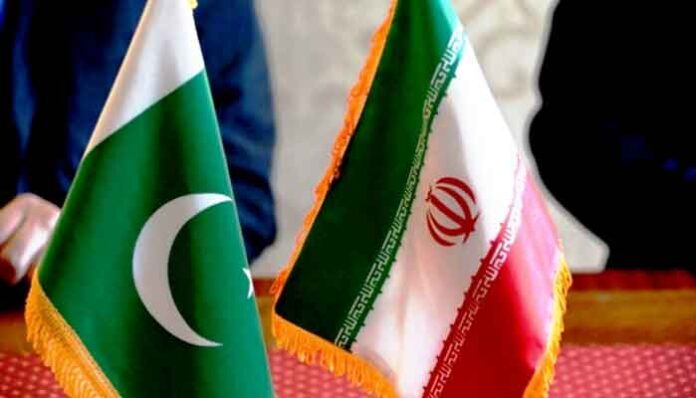Pakistan and Iran have pledged to deepen bilateral trade and enhance border cooperation following high-level talks between the commerce ministers of both countries during Iranian President Masoud Pezeshkian’s official visit to Pakistan.
Federal Minister for Commerce Jam Kamal Khan met with Iranian Minister for Industry, Mines and Trade Mohammad Atabak on Sunday in Islamabad, where both sides reaffirmed their commitment to accelerating economic cooperation, removing cross-border bottlenecks, and building trust-based partnerships in priority sectors.
“We must act swiftly. Delays only complicate things,” said Jam Kamal, describing the present moment as ripe for translating political will into tangible outcomes. He emphasized structured trade mechanisms such as the Joint Economic Commission (JEC), regular business-to-business (B2B) exchanges, and targeted trade delegations involving federal and provincial chambers.
The ministers identified agriculture, livestock, energy, services, and cross-border logistics as key areas for enhanced collaboration. Kamal noted that Pakistan had successfully implemented targeted trade models in Belarus and proposed applying the same approach to Iran, beginning with sectors offering the most potential.
Mohammad Atabak welcomed the proposal and stressed the need for consistent and clear facilitation mechanisms to support traders and industrialists in both countries. He praised Pakistan’s proactive role in fostering bilateral trade progress, saying, “The momentum we’ve built must now be translated into structured trade outcomes.”
He also proposed institutionalizing a “B2B Day” during future high-level visits and committed to bringing Iranian business delegations to Pakistan for deeper sectoral dialogue.
The two ministers underscored the advantage of regional proximity and the untapped potential of neighborhood trade. “Geography is an advantage. Pakistan and Iran must utilize this discount of distance. If we don’t, we lose both time and cost benefits,” Kamal said, citing how ASEAN countries have benefited from intra-regional trade.
He envisioned bilateral trade volumes reaching $5–8 billion annually in the coming years if both countries fully leveraged connectivity and expanded trade corridors to include Turkey, Central Asia, Russia, and parts of the Middle East.
Cultural and linguistic ties also featured in the conversation, with both sides acknowledging deep-rooted people-to-people connections. Kamal shared a moment with the CEO of Iran’s Special Economic Free Zone who spoke Balochi, noting that such familiarity provides a strong foundation for long-term economic integration.
The ministers agreed to expedite the next session of the Pakistan-Iran Joint Economic Commission and ensure inclusive participation from both public and private stakeholders. They emphasized border facilitation and logistics as top priorities.
As the meeting concluded, both sides agreed on a shared message: “The time for action is now.”




